The inner solar system was a wild and wooly place and the collisions that formed Earth and Venus were likely of the hit-and-run variety


The inner solar system was a wild and wooly place and the collisions that formed Earth and Venus were likely of the hit-and-run variety
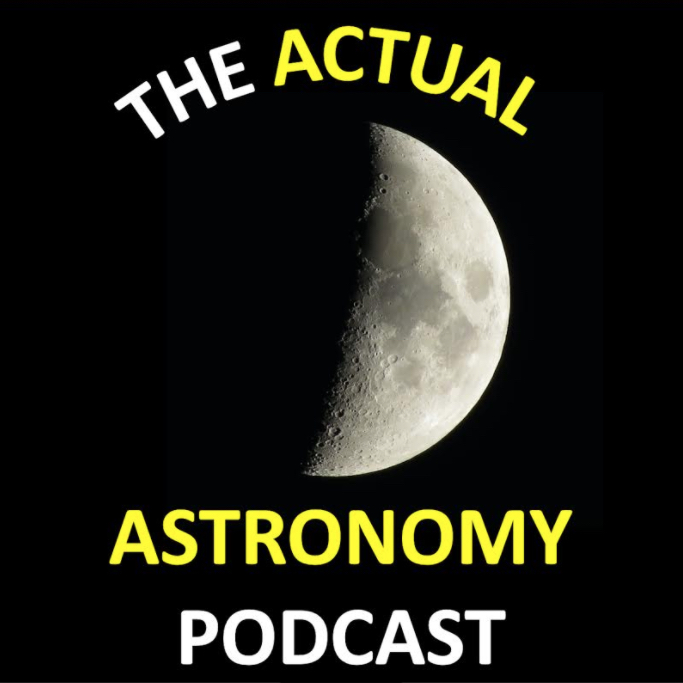
Today Actual Astronomy, we have Meteorologist Mike Lynch joins us to talk about his beginner book Stars A Month by Month Tour of the Constellations
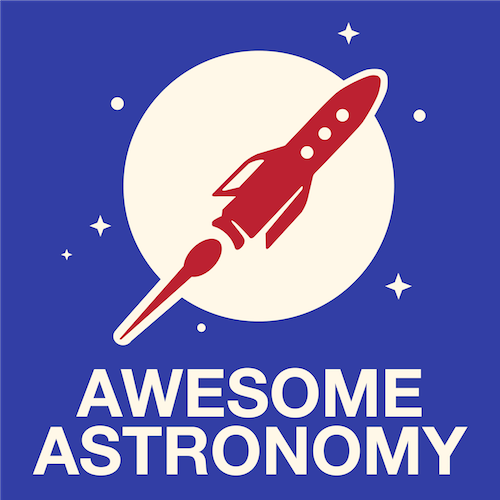
Celebrating 55 years since humans first set foot on the Moon with Project Apollo and embrace Sanctuary on the Moon, a daring project to leave a legacy of humanity on our nearest celestial neighbour
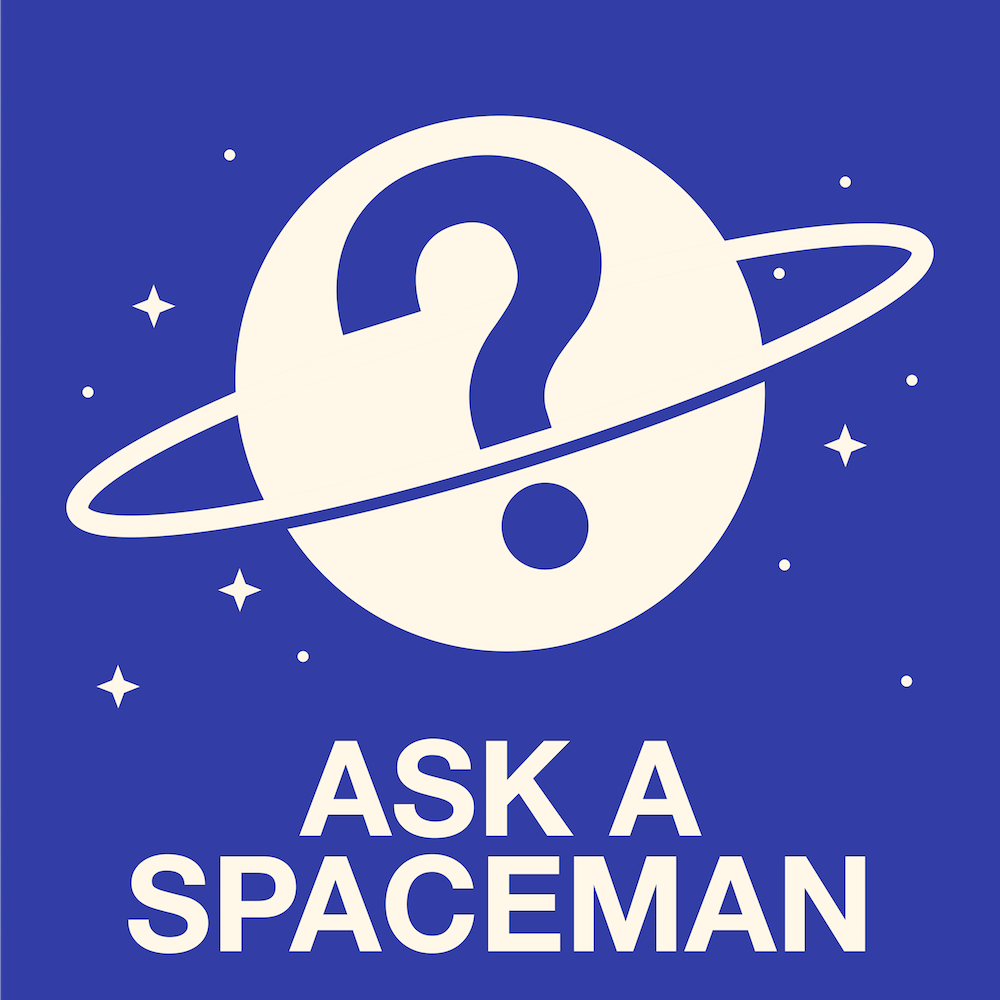
Can galaxies ever get destroyed? What happens to their stars? Do galaxies ever die? More on today’s Ask a Spaceman!
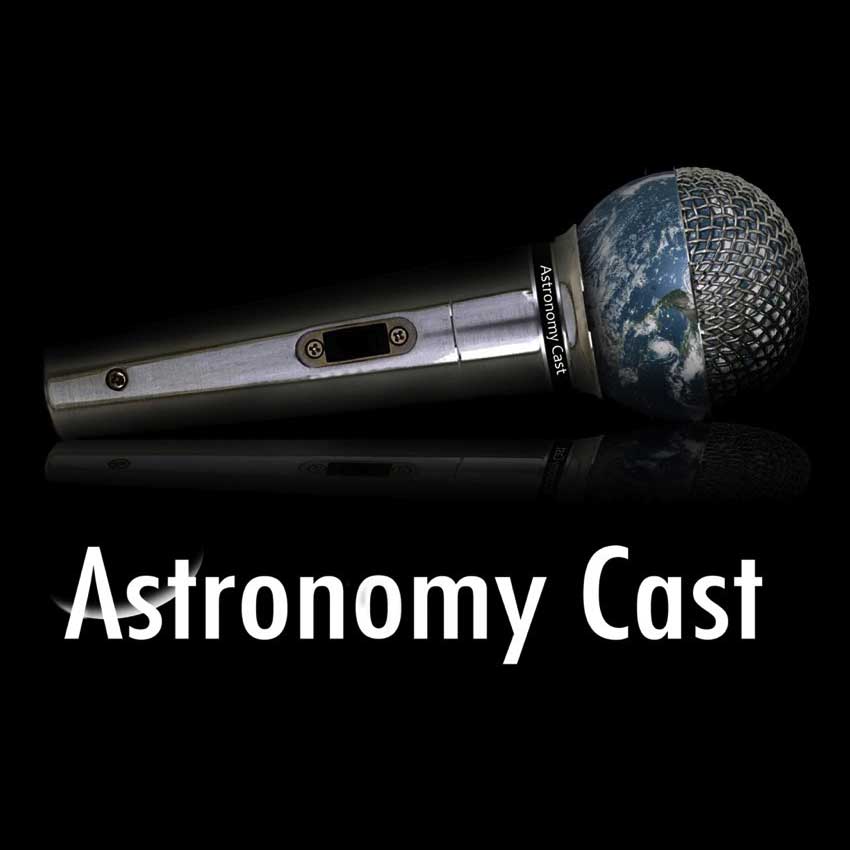
Time for the topic you’ve all been waiting for: black holes. How black holes form, what they consume, and just how massive they can get.
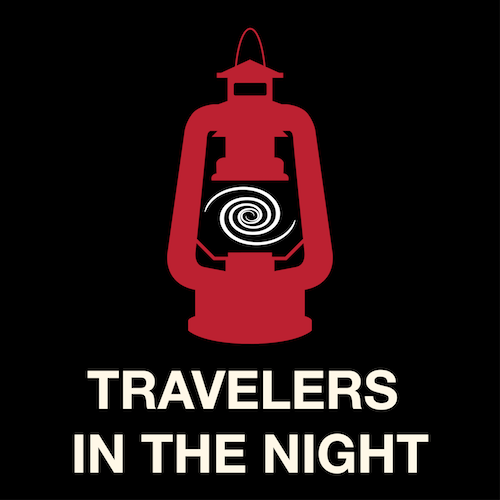
Rose Matheny is at it again! This time she’s discovered 4 close approaching asteroids. And the story about seasons as the drivers of where you are from and where you live
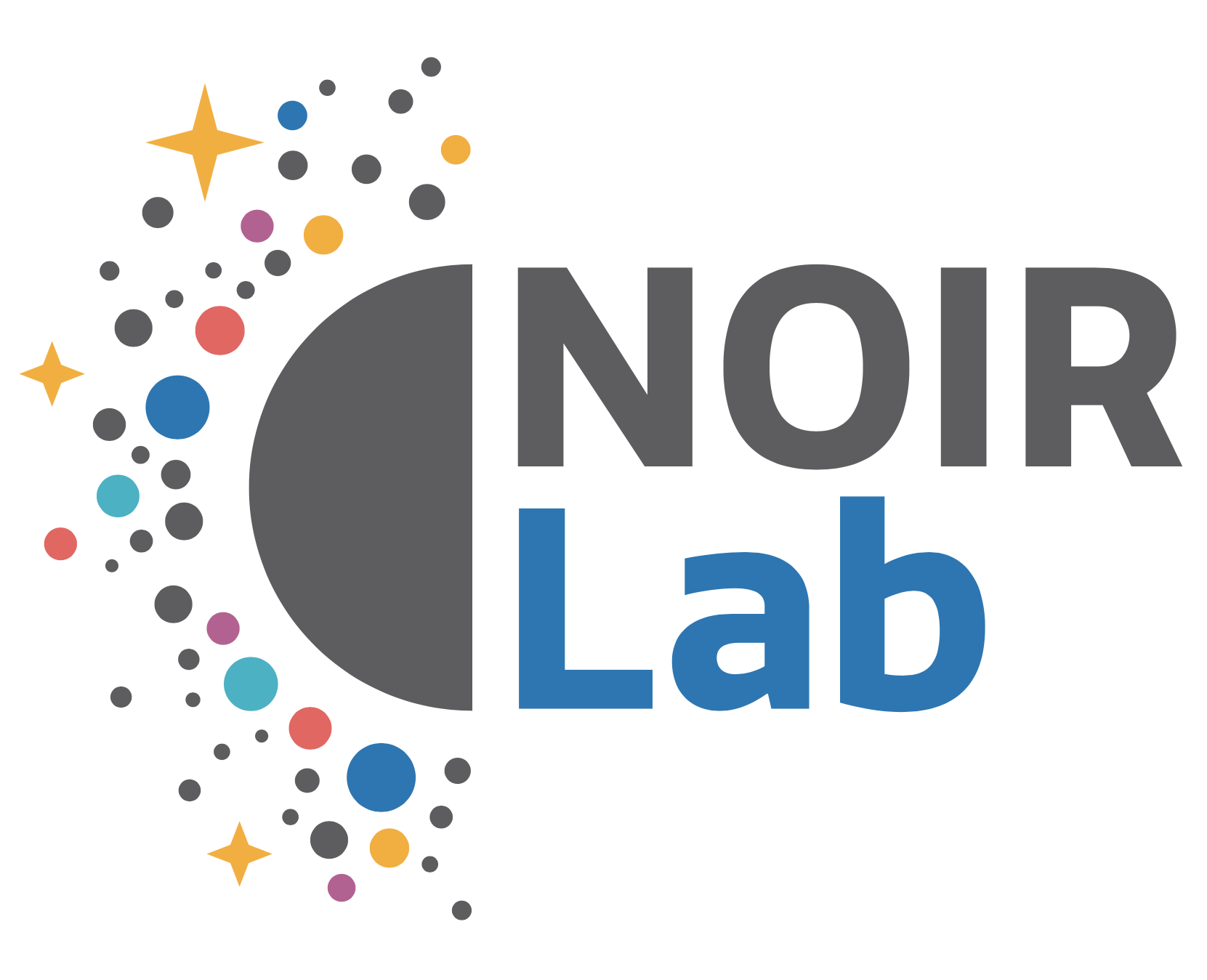
Kitt Peak National Observatory has various programs available to visitors including daytime telescope tours & night time observing programs.

Studies from Cassini found that the magnetic fields & a wave in the rings provide insight into the core structure and composition of the gas giant.
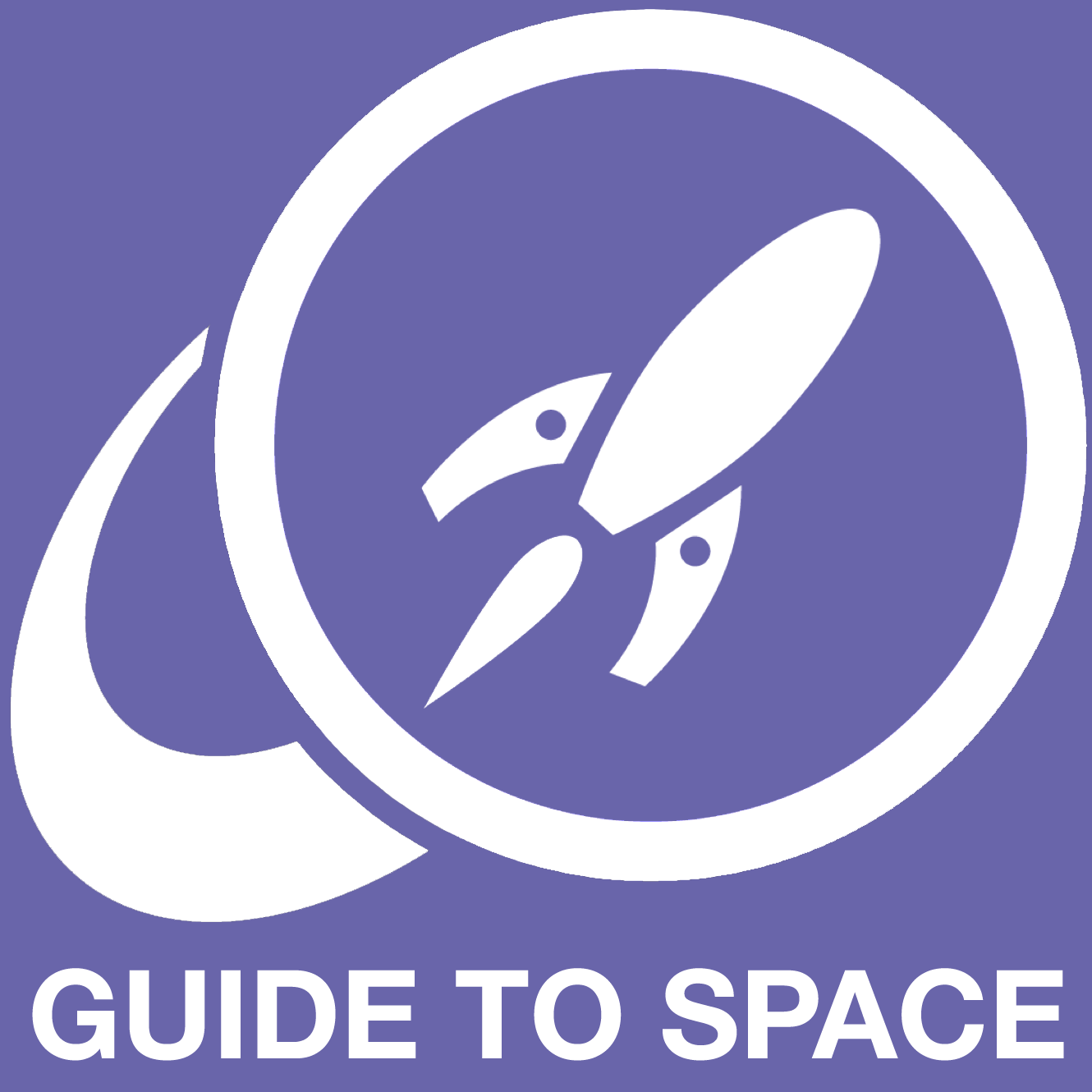
We know that in space, no one can hear you scream. But what would things sound like on another planet?

Small things, very small rocks, particular rocks, so what’s a particle? And what sort of Astronomy is done on the ISS?